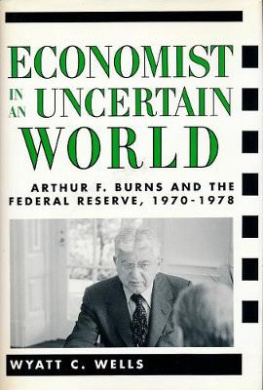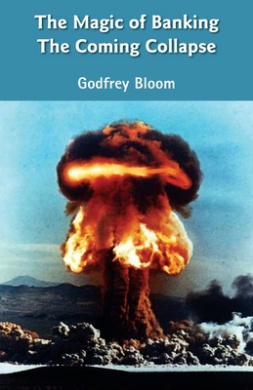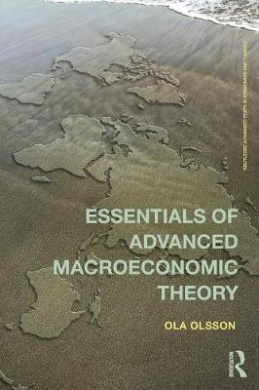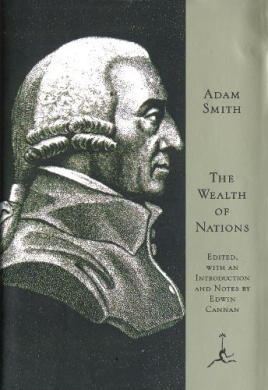Description
As the Chairman of the US Federal Reserve Board during most of the 1970s, Arthur F. Burns presided over what many see as the demise of the postwar economic order. Following two decades of unprecedented prosperity, the 1970s saw the collapse of fixed exchange rates, the end of cheap energy with the Arab oil embargo, a series of financial collapses, runaway inflation, and the worst economic downturn since the 1930s. These crises shook not only the American economy but also the United States’ society and politics. In wrestling with these difficulties, Burns devised policies and ideas that still shape how Americans think about and manage their economy. Wyatt Wells goes beyond demonstrating that Burns greatly influenced the ways that Americans dealt with the crises of the 1970s to posit that an examination of Burns’ tenure helps to explain the US economy today.






